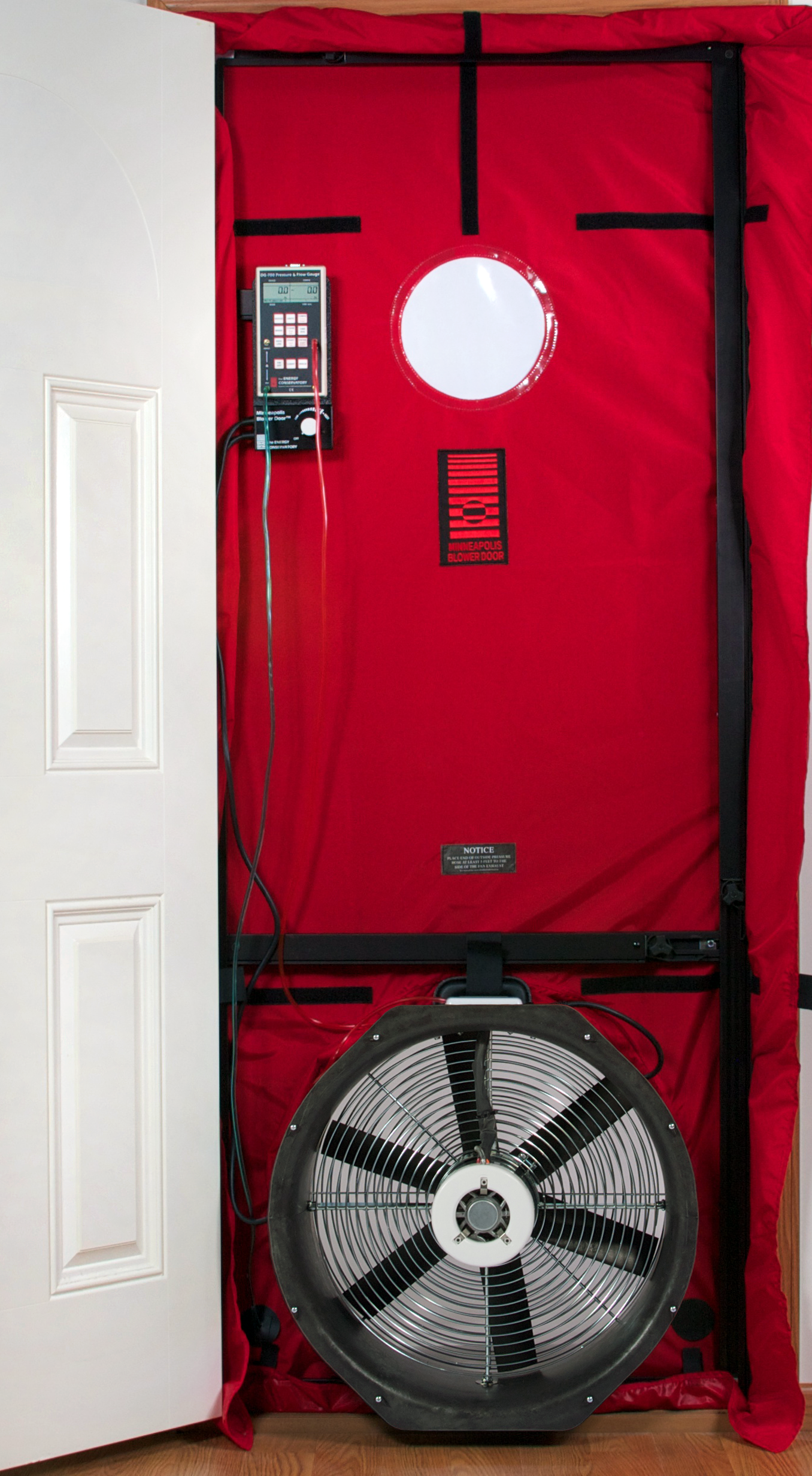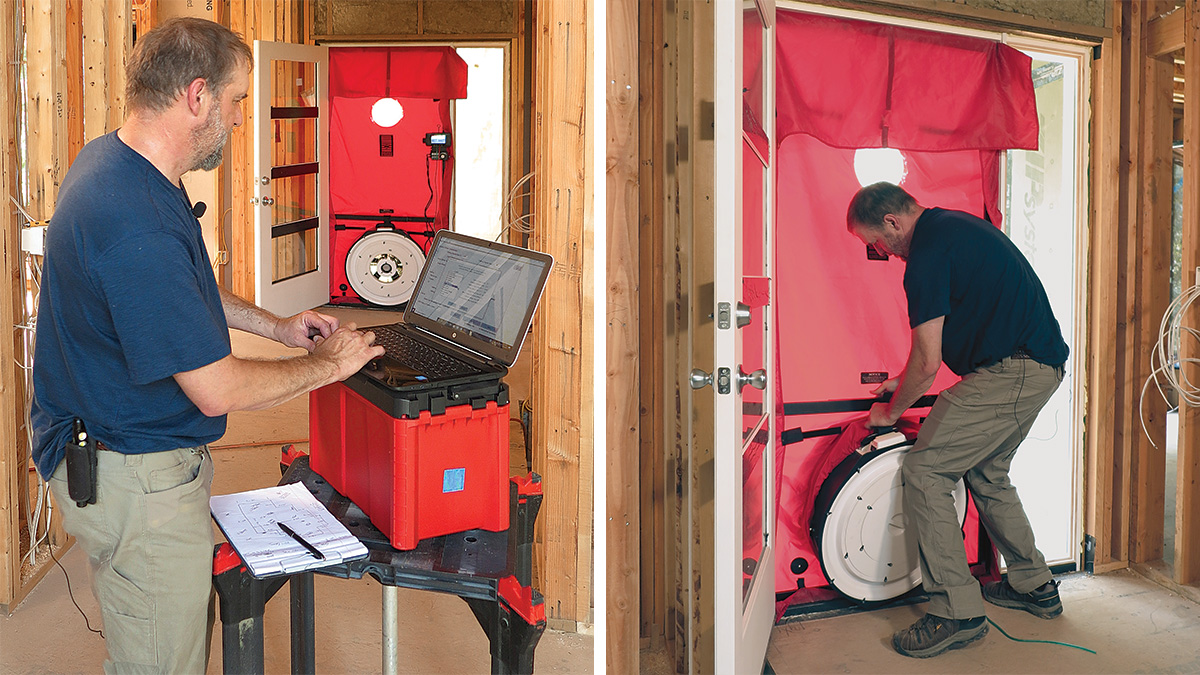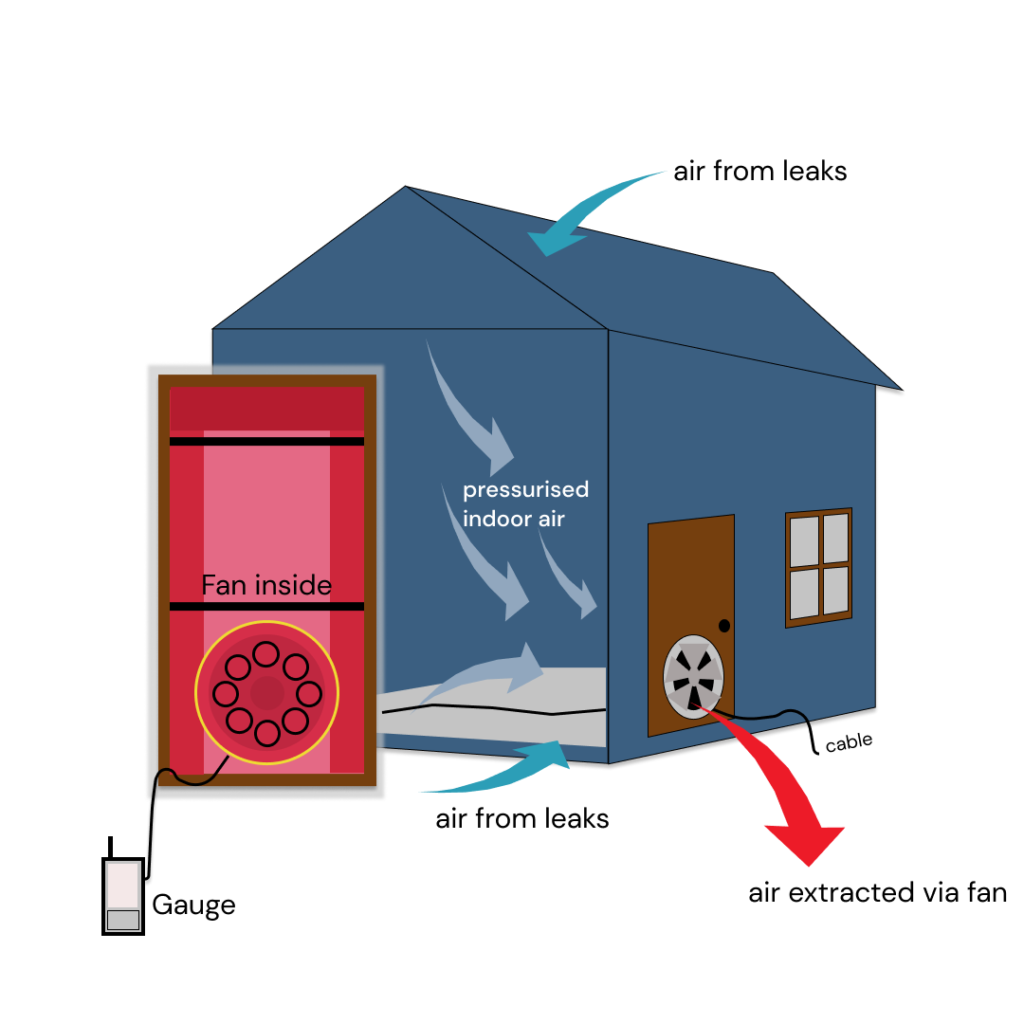Home Energy Audits
A home energy audit is a great way to identify areas of your home where energy is being wasted and where you can make improvements to increase efficiency and save money on your energy bills. A home energy audit typically involves a blower door test, which measures the airtightness of your home.


In South Carolina, a home energy audit is a great way to identify areas of your home where energy is being wasted and where you can make improvements to increase efficiency and save money on your energy bills. A home energy audit typically involves a blower door test, which measures the airtightness of your home.
To perform a blower door test, a technician will use a special fan to depressurize your home and measure the amount of air that is leaking through any gaps or cracks in your home’s envelope, such as windows, doors, and walls. This test can help you identify areas where you can add insulation, seal gaps, or replace windows or doors to reduce air leakage.
To find a qualified home energy auditor in South Carolina, you can start by checking with your local utility company, as many offer energy audit services to their customers. You can also search for certified home energy auditors through the Building Performance Institute (BPI) or the Residential Energy Services Network (RESNET). Be sure to ask about their qualifications and experience, as well as the cost and scope of their services.
New Construction
A blower door test is typically required for new construction homes to comply with energy codes and standards. The blower door test is conducted to measure the airtightness of the home’s envelope and ensure that it meets the minimum energy efficiency requirements set by the International Energy Conservation Code (IECC).
The blower door test is usually conducted after the home has been constructed and before the final inspection is completed. A certified energy rater or building inspector will perform the test and measure the amount of air leakage in the home. If the home fails the test, the builder will need to make necessary improvements, such as adding insulation or sealing gaps, to improve the home’s energy efficiency and airtightness.
It’s important to note that the specific requirements for blower door tests in new construction homes may vary depending on the location, building codes, and local energy efficiency programs. It’s best to consult with a local building official or energy rater to determine the specific requirements for your area.

